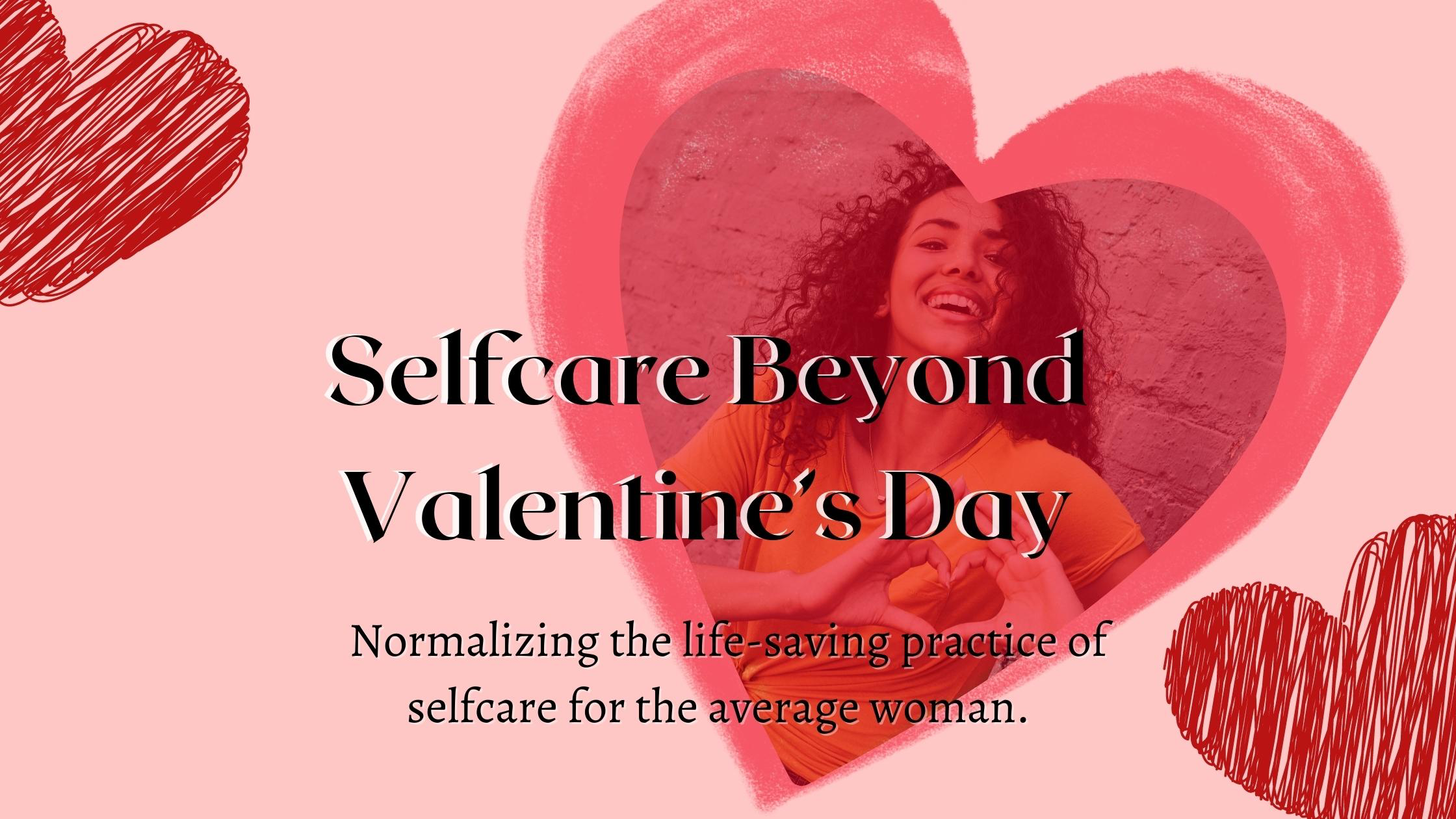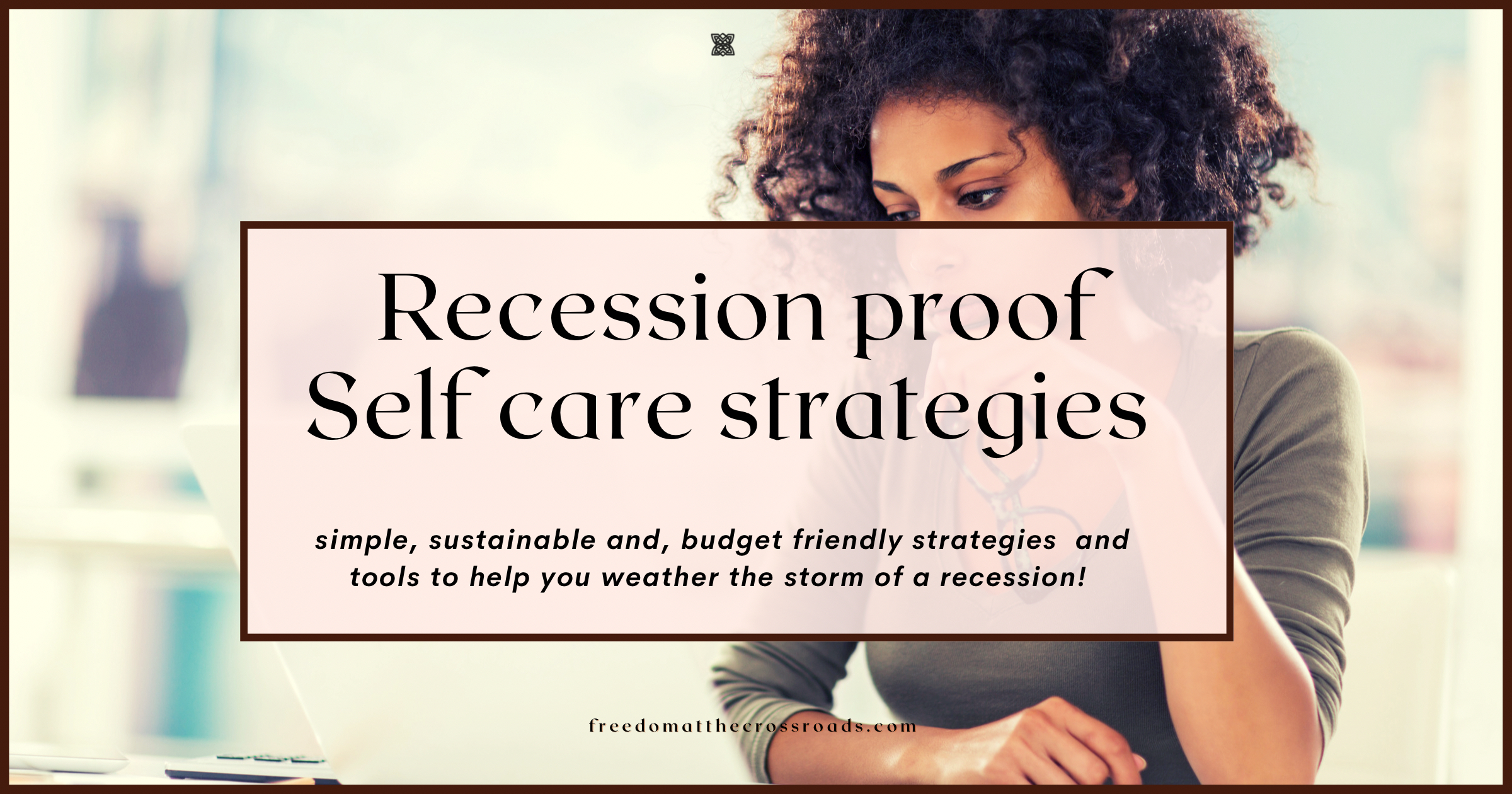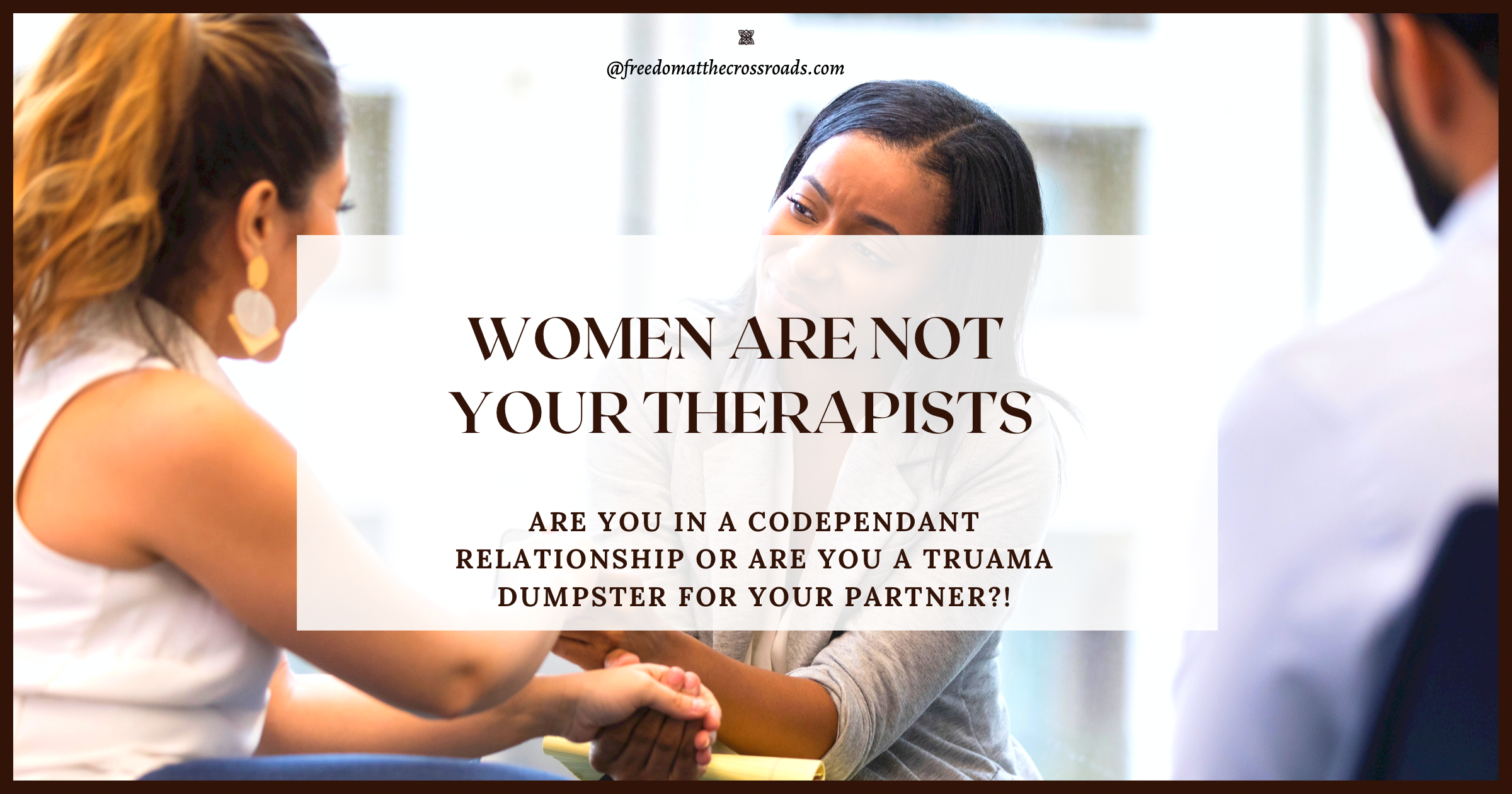Let me start by asking, can we normalise selfcare beyond Valentine’s Day? I’m like really! It’s a new year and that tired idea of “treating” yourself and calling it selfcare, is old and pathetic at this point. Not only that, it’s costing women their lives, health and happiness! Selfcare has become an increasingly popular term in recent years, but it’s often associated with special occasions like Valentine’s Day. While it’s great to have a day to celebrate love and self-love, the truth is that selfcare is a year-round practice, and it’s something that every woman needs!
The reality of it all
Normalising selfcare beyond Valentine’s Day means recognising that taking care of yourself is not a luxury, but a necessity. It means making self-care a regular part of your daily routine and prioritising it just as much as you would any other important task.
So, how can you normalise self-care beyond Valentine’s Day? Here are a few tips:
- Make it a daily habit
Selfcare doesn’t have to be fancy or grand. It can be as simple as taking a few minutes each day to do something that makes you feel good. This could be anything from taking a relaxing bath to practicing yoga to reading a book. The key is to make it a daily habit, so it becomes a natural part of your routine.
- Find what works for you
Selfcare looks different for everyone, so it’s important to find what works for you. What makes you feel relaxed and rejuvenated? What helps you recharge after a long day? Some people might find solace in nature, while others might prefer meditation. Experiment with different selfcare practices until you find what resonates with you.
- Make time for it
One of the biggest barriers to selfcare is time. It’s easy to put off taking care of ourselves when we have so many other things to do. But the truth is, selfcare is just as important as any other task on your to-do list. Make time for it by scheduling it into your day or week. Treat it like an important appointment that you can’t miss.
Some more tips on selfcare
- Let go of guilt
Many women feel guilty about taking time for themselves. We’re conditioned to put others’ needs before our own, but selfcare is not selfish or incidental. It’s critical for our mental, physical, and emotional well-being. Let go of the guilt and give yourself permission to prioritise selfcare.
- Create a support system
Selfcare is more fun and effective when you do it with others. Create a support system of friends or family members who are also committed to prioritising selfcare. You can share ideas, motivate each other, and hold each other accountable.
Bottom line, normalising selfcare beyond Valentine’s Day is about recognising that taking care of yourself is a year-round practice. It’s about making self-care a daily habit, finding what works for you, making time for it, letting go of guilt, and creating a support system. By prioritizing self-care, you’ll not only feel better but also be better equipped to handle the challenges that come your way.
Priorities ladies!

Barriers to selfcare for Black and other women of color
1. Lack of representation
Women of color may feel that the mainstream wellness industry does not represent their needs and preferences. The lack of representation can lead to feeling excluded, invisible, and not valued. It can also lead to difficulty finding resources that are culturally sensitive and appropriate.
2. Intersectional discrimination
Women of colour, especially Black women face multiple forms of discrimination, such as racism, sexism, homophobia, transphobia, and ableism. These forms of oppression can cause stress, anxiety, and trauma, which can make it difficult to prioritise self-care.
- Systemic barriers
Women of colour may face systemic barriers to accessing self-care resources, such as limited financial resources, lack of affordable and accessible healthcare, limited access to healthy food options, and lack of safe and supportive environments.
Other barriers to consider
- Caregiving responsibilities
Women of colour are often expected to take on caregiving responsibilities for their families and communities, which can make it challenging to find time for self-care. The pressure to put others’ needs before their own can lead to feelings of guilt and self-neglect.
- Mental health stigma
Women of colour may face stigma and shame around mental health, which can prevent them from seeking help and support. The fear of being perceived as weak or vulnerable can lead to self-isolation and a reluctance to engage in self-care practices that may benefit their mental health.
My final thoughts
Let’s start a clean slate for this new season by recognising that women are facing a global health crisis. That crisis is the absence of selfcare that has become even more critical in a global system of patriarchy, anti-blackness and misogyny. For women of colour, they’re are additional barriers to selfcare that need to be recognised and addressed. These barriers include lack of representation, intersectional discrimination, systemic barriers, caregiving responsibilities, and mental health stigma. By acknowledging and addressing these barriers, we can create a better world for all women across the globe! Also, check out this short post more selfcare ideas for newbies!






